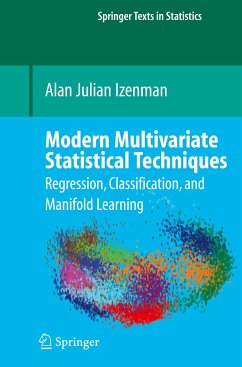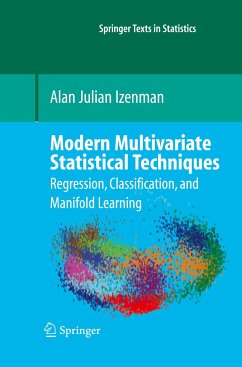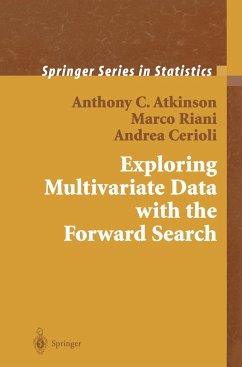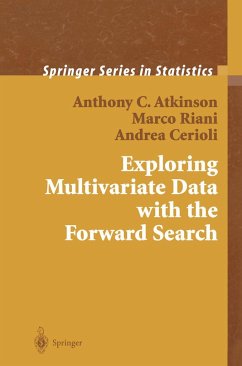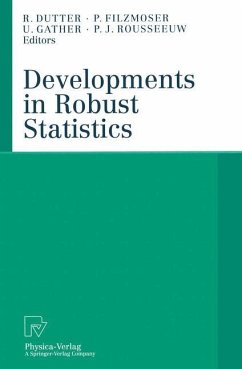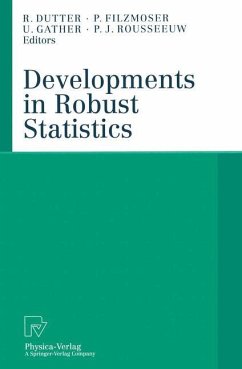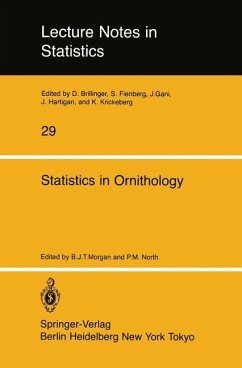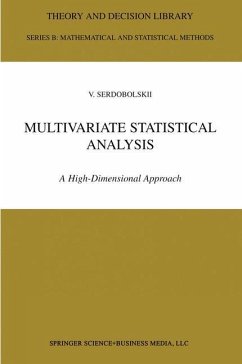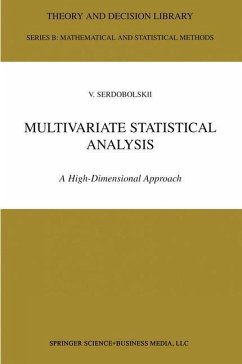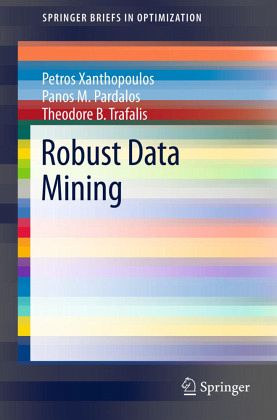
Robust Data Mining

PAYBACK Punkte
19 °P sammeln!
Data uncertainty is a concept closely related with most real life applications that involve data collection and interpretation. Examples can be found in data acquired with biomedical instruments or other experimental techniques. Integration of robust optimization in the existing data mining techniques aim to create new algorithms resilient to error and noise.This work encapsulates all the latest applications of robust optimization in data mining. This brief contains an overview of the rapidly growing field of robust data mining research field and presents the most well known machine learning a...
Data uncertainty is a concept closely related with most real life applications that involve data collection and interpretation. Examples can be found in data acquired with biomedical instruments or other experimental techniques. Integration of robust optimization in the existing data mining techniques aim to create new algorithms resilient to error and noise.
This work encapsulates all the latest applications of robust optimization in data mining. This brief contains an overview of the rapidly growing field of robust data mining research field and presents the most well known machine learning algorithms, their robust counterpart formulations and algorithms for attacking these problems.
This brief will appeal to theoreticians and data miners working in this field.
This work encapsulates all the latest applications of robust optimization in data mining. This brief contains an overview of the rapidly growing field of robust data mining research field and presents the most well known machine learning algorithms, their robust counterpart formulations and algorithms for attacking these problems.
This brief will appeal to theoreticians and data miners working in this field.





